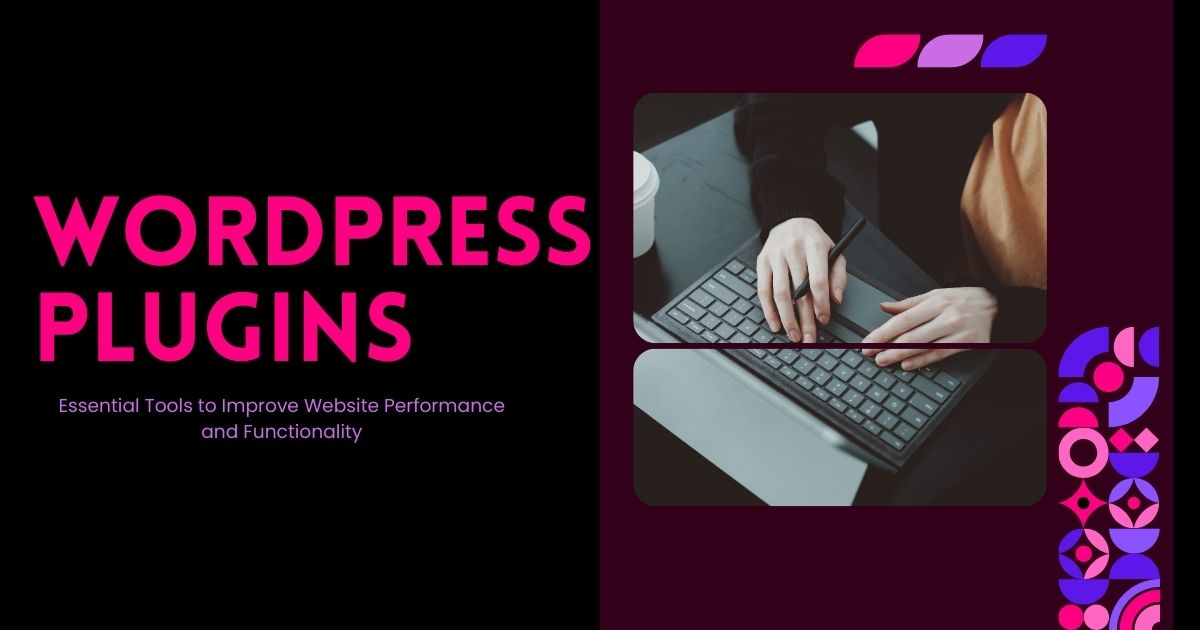
In today’s competitive online environment, creating and publishing high-quality content efficiently is essential. Whether you manage a personal blog, corporate site, or content network, having the right tools can streamline your editorial processes, automate repetitive tasks, and empower your team to produce engaging posts faster. In this guide, we explore 14 must-have WordPress plugins designed to enhance content creation, simplify collaboration, and optimize your workflow for 2025.
1. Elementor
Elementor is the leading drag-and-drop page builder for WordPress, enabling designers and content creators to build beautiful, responsive pages without coding. Its intuitive interface and extensive template library make it easy to craft landing pages, blog posts, and custom layouts in minutes.
- Visual editor with real-time preview
- Prebuilt blocks, templates, and widgets
- Global styles and theme builder
Benefits:
- Rapid page construction with zero coding
- Consistent design across your site
Pricing: Free core plugin; Pro plans start at $59/year.
2. Advanced Custom Fields (ACF)
Advanced Custom Fields lets you add custom fields to posts, pages, and custom post types. By creating tailored data inputs, you can capture structured content, making it easier for editors to input specific information without messing up your layout.
- Flexible field types: text, image, repeater, gallery
- Conditional logic and location rules
- Developer-friendly API
Benefits:
- Consistent content structure
- Simplified editing experience
Pricing: Free; Pro version starts at $49/year.

3. Yoast SEO
While often classified under SEO, Yoast is invaluable for content creators. Its real-time analysis ensures your articles are optimized for readability and search engines before hitting publish.
- Keyword optimization and density check
- Readability analysis with suggestions
- XML sitemaps and schema markup
Benefits:
- Improved search visibility
- Higher reader engagement
Pricing: Free; Premium from $99/year.
4. PublishPress
PublishPress provides robust editorial calendar features, custom statuses, notifications, and permissions. It’s designed to handle complex publishing workflows for teams of any size.
- Drag-and-drop editorial calendar
- Custom post statuses and workflows
- Automated notifications and reminders
Benefits:
- Clear visibility on upcoming content
- Structured review and approval
Pricing: Free core; Plus version starts at $99/year.

5. Nelio Content
Nelio Content offers an all-in-one editorial calendar, social media scheduling, and AI-driven content suggestions. Automate social promotion and never miss a posting deadline again.
- Editorial calendar with drag-and-drop
- Automated social media sharing
- AI-powered content analysis and suggestions
Benefits:
- Streamlined social promotion
- Data-driven content improvements
Pricing: Plans start at $29/month.
6. WPForms
WPForms is a beginner-friendly form builder for surveys, contact forms, and polls. Embedding forms in your content encourages user engagement and feedback collection.
- Drag-and-drop form builder
- Prebuilt templates for surveys and polls
- Conditional logic and payment integrations
Benefits:
- Higher audience interaction
- Easy lead generation
Pricing: Free; Premium starts at $49.50/year.
7. Edit Flow
Edit Flow enhances the default WordPress editor by adding custom statuses, editorial comments, and calendar views. It’s perfect for editorial teams needing internal feedback loops.
- Custom workflow statuses
- In-post editorial comments
- Monthly calendar overview
Benefits:
- Seamless team collaboration
- Improved content approval
Pricing: Free.
8. Broken Link Checker
Ensuring all links in your content work correctly is vital for SEO and user experience. Broken Link Checker scans posts and pages for broken links and missing images automatically.
- Monitors posts, pages, comments, and custom fields
- Notifies via dashboard or email
- Allows inline editing of URLs
Benefits:
- Boosted SEO and UX
- Time-saving link management
Pricing: Free.

9. Smush
High-quality images enrich your content but can slow down your site. Smush compresses, resizes, and lazy-loads images to maintain speed without sacrificing quality.
- Lossless and lossy compression
- Bulk smush up to 50 images at once
- Lazy load and WebP conversion
Benefits:
- Faster page loads
- Better user engagement
Pricing: Free; Pro from $7.50/month.
10. Grammarly for WordPress
Produce error-free content with Grammarly’s plugin for WordPress. It checks spelling, grammar, and style in real time, ensuring polished writing before publication.
- Real-time grammar and punctuation checks
- Clarity, engagement, and delivery suggestions
- Seamless integration with Gutenberg and Classic Editor
Benefits:
- Improved readability
- Professional writing quality
Pricing: Free; Premium from $12/month.
11. Uncanny Automator
Uncanny Automator connects your plugins and third-party apps without custom code. Create recipes to automate actions like post creation, user notifications, and content syndication.
- Recipe-based automation workflows
- Integrations with WooCommerce, LearnDash, Slack, and more
- Conditional triggers and actions
Benefits:
- Reduces manual tasks
- Improves team productivity
Pricing: Free; Pro starts at $149/year.
12. CoSchedule
CoSchedule is a comprehensive marketing calendar that integrates with WordPress. Plan, schedule, and automate blog posts and social messages from a single interface.
- Unified content and social calendar
- Social automation and recycling
- Team collaboration and approval workflows
Benefits:
- Consistent publishing schedule
- Streamlined social promotion
Pricing: Plans start at $29/month.
13. Duplicate Post
Duplicate Post lets you clone pages or posts with one click. Perfect for creating variations, templates, or A/B testing of content layouts.
- One-click cloning
- Customizable clone settings
- User role permissions
Benefits:
- Speeds up content creation
- Maintains design consistency
Pricing: Free.
14. WP Scheduled Posts
WP Scheduled Posts enhances the native scheduling feature by adding an editorial calendar, automatic scheduling, and missed schedule notifications.
- Drag-and-drop calendar
- Automatic rescheduling
- Missed post alerts
Benefits:
- Never miss a scheduled post
- Better overview of upcoming content
Pricing: Free; Pro from $39/year.
How to Choose the Right Plugins for Your Workflow
Selecting the perfect plugin mix depends on your team size, content volume, and technical expertise. Start by mapping your current process—identify bottlenecks in drafting, editing, publishing, and promotion. Then, prioritize plugins that address the highest-impact areas first, whether that’s editorial coordination, design flexibility, or automation. Always test new plugins on a staging site and evaluate performance impact before deploying to production.
Best Practices for Plugin Management
To maintain a healthy WordPress installation, follow these best practices: keep plugins updated to the latest versions, remove inactive or unused plugins, and monitor site performance after each addition. Use a staging environment to test compatibility, and regularly backup your database and files. Finally, document your plugin usage and workflows to help onboard new team members efficiently.
Conclusion
By integrating these 14 plugins into your WordPress setup, you can dramatically improve content creation speed, enhance collaboration across your team, and automate repetitive tasks. From visual page building with Elementor to robust editorial calendars with PublishPress, each tool plays a key role in building a streamlined, efficient workflow. Evaluate your specific needs, implement gradually, and watch your productivity—and your audience engagement—soar in 2025.










Leave a Reply